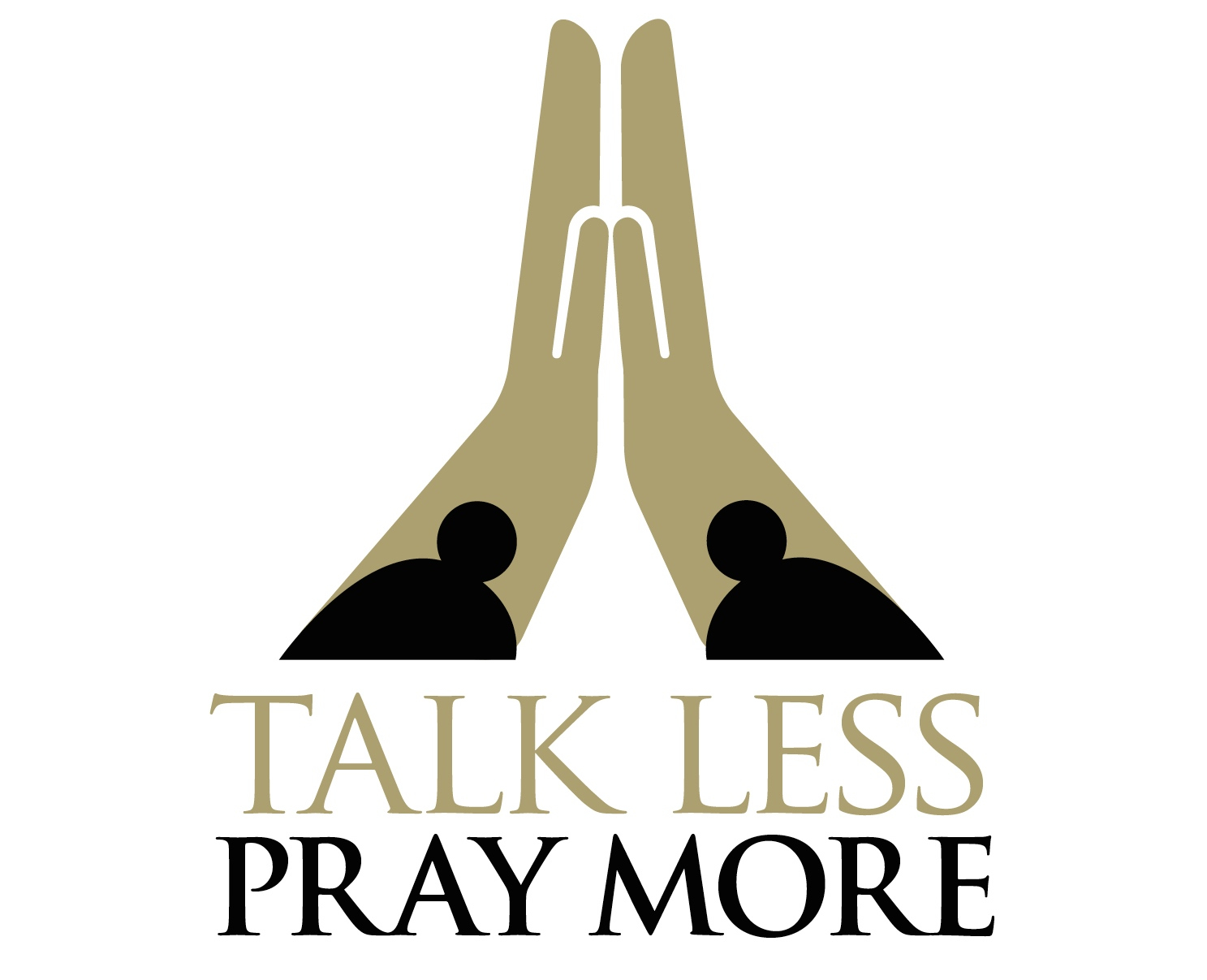"If you ask The Father for anything in My name, He will give it to you. Until now you have asked nothing in My name; ask and you will receive, so that your joy may be made full." John 16:26
Prayerless people miss out on the joy of the journey. Life is filled with many twists and turns, and ups and downs. The pace ranges from fast and furious to slow as molasses. The locations are at times exotic, and others times just plain exhausting. There is nothing like a mind-numbing delay in a waiting room to give you an appreciation for the thrill of being chased through a dimly lit tunnel, by forces of darkness.
The terror and the terrain come and go, but the one thing a praying person can count on, through it all, is the availability of the consistent companionship of The Spirit of Christ. The Spirit provides joy for the journey. This joy is the infusion of courage to hand on in the dark, and to walk towards The Light. Prayer breathes in fresh air for the courage to take the next step, and blows out the air of despair that leaves a believer gasping for life and grasping at straws.
Note to self: Come what may. Don't delay! PRAY!
Jesus told His disciples that God loves them so much, for loving His Son, that they were given the privilege of taking any request they had to The Father, in the name of His Son. Prayer, at its most profound and purest form, is access to God. Just because this amazing access can be abused by others, doesn't excuse a believer's from letting it go unused.
Believing prayer moves a person from face to face with their crisis, to face to face with God. Prayer takes the eyes of a believer off of the cause of the problem to The Source of the solution. Talking keeps a person preoccupied with, "What's the matter?" Praying seeks to occupy oneself with The One who matters. Big difference.
One of the most repeated, and promise filled challenges Jesus gave to His disciples was, "Ask anything in My name."
It sounds like an abuse waiting to happen. It seems to fall into the trap of Murphy's Law, "If anything can go wrong, it will."
What could possibly go wrong with this kind of open-ended promise from The Son of God? Said with serious sarcasm and sanctified shock face. Surely people would never try to use the name of Jesus to achieve selfish ambition or satisfy personal greed." OK. I know. That wasn't very convincing.
I don't have to point out the preponderance of evidence provided by TV preachers and radio gurus calling on people to ask God for a blessing, but to make their checks out to them. All I have to do is read my own prayer journals to see my tenacious tendency to minimize the majesty of this powerful promise. It's embarrassing. Let's move on.
Jesus offered prayer to His disciples, as fresh air for their lungs, when they found themselves suffocating in the midst of a crisis of faith. His disciples didn't have a clue what they were about to face. We don't either, but Jesus did then, and He knows now. He prepared His disciples, then and now, to pray. No one really knows what each day will bring. What is known is how to prepare for and process whatever the day brings. Jesus did it. Jesus said it. His disciples will obey Him and PRAY, in His name.
Asking God for His direction, protection and correction is not going to guarantee a life of health and wealth. It doesn't even keep a person from making the wrong decision or taking the wrong path. Prayer is not fool proof. Fools pray for what they want. In His wisdom, God often gives it to them.
Wisdom comes from learning that often what we want is not what we need. Wise people pray their way through the dark, and into the light, until they see that what they want still falls short of God's best for their lives. The wise learn to pray for what God knows is best for them, not what they think is good for them. Satan is not the enemy of the good as much as he is the enemy of the best.
A fool becomes wise by admitting to God what He already knows, and refusing to accept foolishness as the final verdict on his life. In short, a fool becomes a wise by choosing consistent companionship with God.
Prayer involves walking through life in constant conversation with God. This trip begins with and continues down the avenue of prayer. The joy comes from the change of heart that takes place from praying. Prayer produces courage that comes from knowing God is as close as the next breath. Courage is the breath for the soul that only prayer can provide. Remember, the joy is in the journey, and Jesus is walking with you. Come what may today...TALK LESS! PRAY MORE!
"In the world you have tribulation, but take courage; I have overcome the world." - Jesus (John 16:33)
